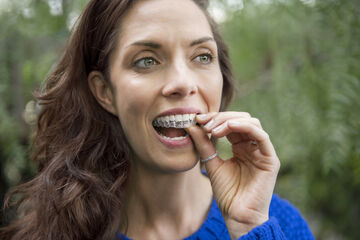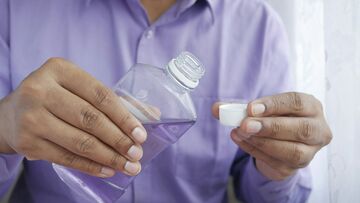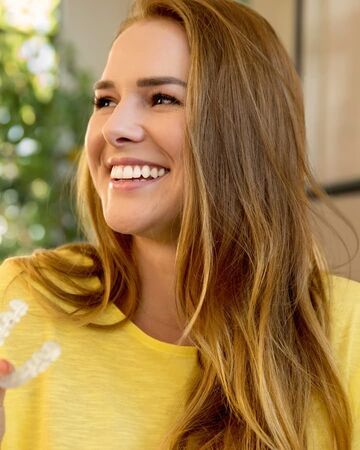5 things every parent needs to know about baby teeth
Seeing your baby’s first teeth appear is an exciting time in a child’s early years. Teeth give your baby new ways to eat, speak and smile and start that transition from baby to toddler.
With so much to think about when your baby is small, oral hygiene can often be forgotten about. However, tooth decay can begin as soon as your baby’s teeth appear. This is why it is so important to put in place good oral hygiene routines from a very young age.
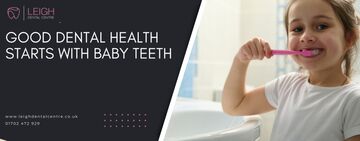
1. Good dental health starts with baby teeth
Although they are later replaced with adult teeth, baby teeth form a crucial part of your baby’s development. They help your child chew, speak and smile, as well as maintaining the spaces required for their adult teeth.
Teething starts at around 6 months, when baby teeth will begin to appear, and this will continue until age 3 when they will have a full set of baby teeth. Enamel, which is the strong layer that protects your teeth, is thinner in baby teeth than adult teeth and this makes them more prone to cavities.
2. First dental visit
It is important that your child attends for the first dental visit when their first tooth appears or by the time, they are one year old. Your dentist will be able to help and advise you on the best oral hygiene routine to follow and provide treatment swiftly if any issues develop. Studies have shown that early dental visits can help to reduce cavities risks by providing preventive measures to keep teeth healthy. It is important that your child attends for appointments every 6 months following their first visit.
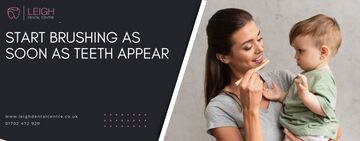
3. Start brushing as soon as teeth appear
Decay can happen as soon as teeth first appear, so you should start brushing at the same time. You should brush your child’s teeth twice a day, in the morning and before bed. A great way to encourage children to take care of their teeth is to help them brush and have them watch you do it as well. Most children cannot effectively brush on their own until at least 8 years of age so it is important that you continue to help them as they grow up.
Studies have shown that children’s brushing habits are largely influenced by their parents. So, encouraging and teaching your child to brush their teeth can have a lasting impact on their oral hygiene, well into their adult years.
4. Baby teeth are more sensitive to decay
Baby teeth are more susceptible to decay because they have a thinner layer of enamel. Fluoride in tap water and toothpaste helps to provide an extra level of defence to your child’s baby and adult teeth. The fluoride is absorbed into the outer layer of the teeth, making them stronger and better able to resist decay.
Dental sealants can also be used to further protect your child’s teeth. Dental sealants are a thin coating that is painted on teeth to protect them from cavities.
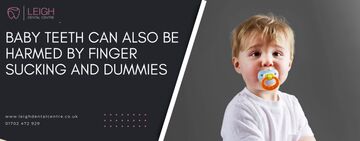
5. Baby teeth can also be harmed by finger sucking and dummies
It is common for children to use dummies or suck their thumbs. But prolonged sucking can change the position of their teeth! This can make it hard to chew or speak and can cause adult teeth to be displaced as well. Ideally dummies should be removed by the time your child turns 3, to reduce the risk of any oral damage.
Even though your child will lose their baby teeth, they should be cared for as though they were permanent. Maintaining baby teeth largely falls on the adults who care for them. Simply keeping your own teeth healthy and brushing your teeth regularly can have a positive impact on your child’s oral health. By helping prevent dental decay and forming good oral hygiene habits with your children, you can help them keep their smiles for a lifetime.
By keeping these facts in mind, you can ensure your child is on the way to a healthy smile for the rest of their lives. Their adult teeth will be here before you know it!
If you would like to book a dental appointment for your child, do not hesitate to call the surgery on 01702 472929.
Contact us to make an appointment
Exclusive Offer
Airflow stain removal from our hygienist
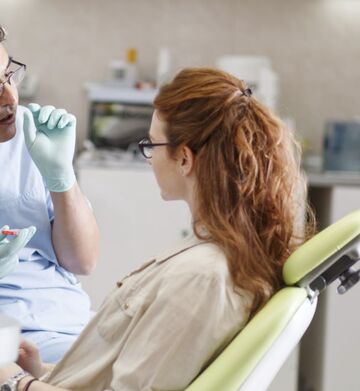
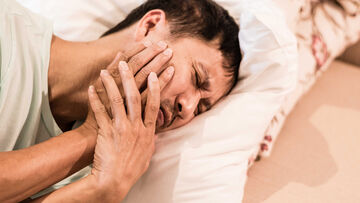
How can Botox be used to treat bruxism?
15.11.2023
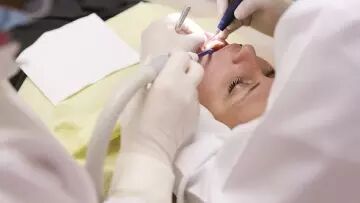
Replacement for a Missing Tooth
04.11.2023
Time for you perfect smile?
Book your consultation today
When visiting our practice you know you are visiting the dental professionals trained to the highest standards. You are greeted by our welcoming staff, who share the same aim, to make your visit with us as comfortable and stress free as possible.
